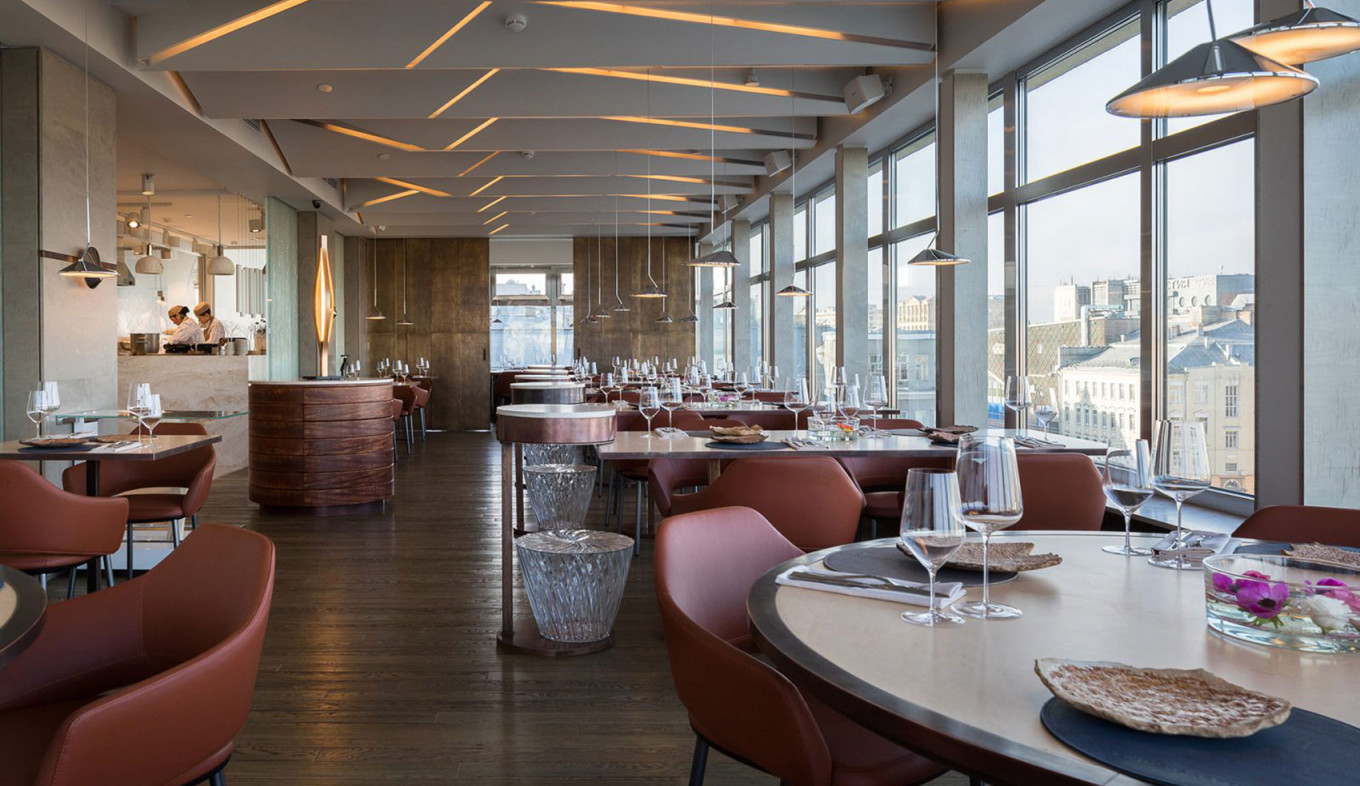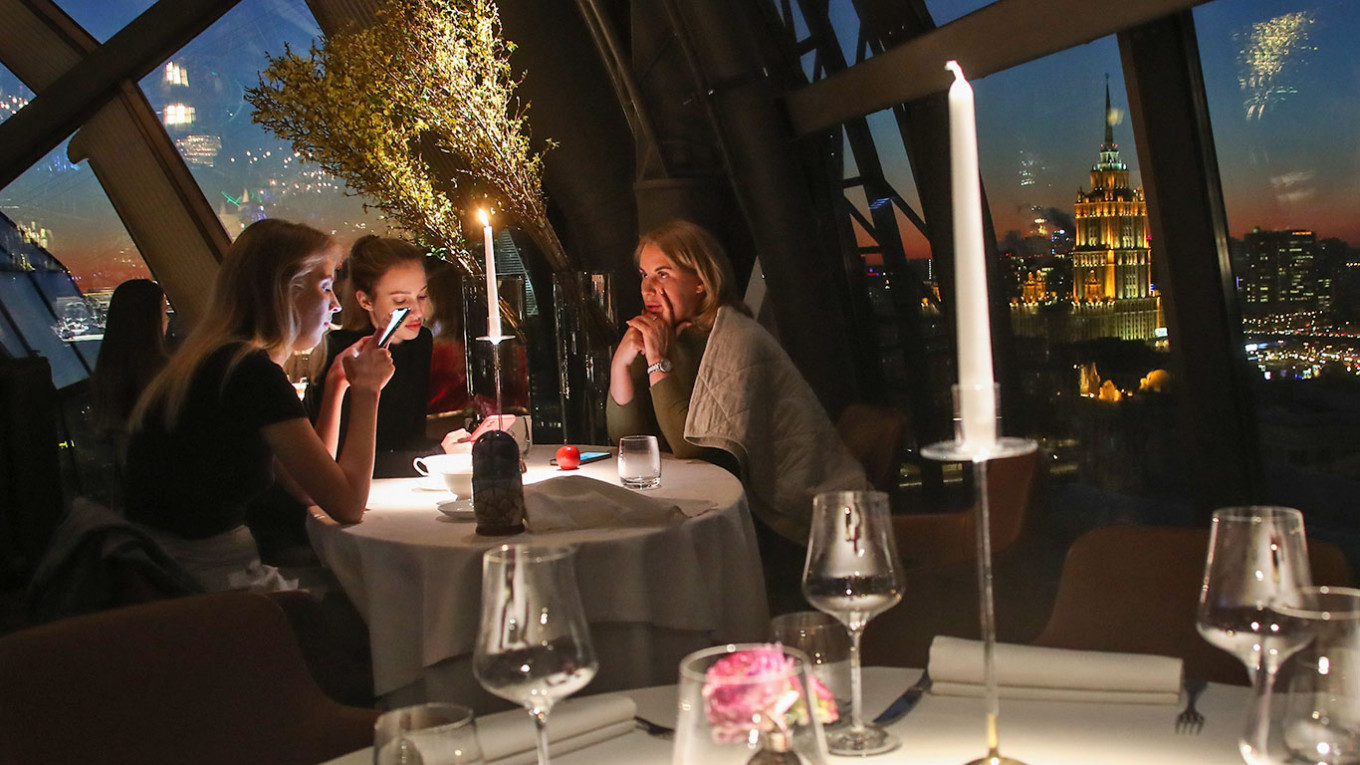Two Moscow restaurants have hung on to their places on The World’s 50 Best Restaurants list, while falling down the rankings.
White Rabbit fell to number 25 this year from 13 in 2019, while Twins Garden dropped from 19 to 30 at a ceremony in Antwerp on Tuesday organized by World’s 50 Best, an influential organization that ranks restaurants all over the world. The 2020 awards were cancelled because of the coronavirus pandemic.
Three other Russian restaurants — Selfie in Moscow along with Harvest and CoCoCo in St. Petersburg — dropped off the expanded list of 100 entirely. Noma in Copenhagen, whose founder Rene Redzepi created New Nordic Cuisine, won first prize for the fifth time.
“We are number 25 in The World’s 50 Best Restaurants and any rating is always good for us,” White Rabbit head chef Vladimir Mukhin posted on Instagram. “This great path we are on is more important than the result.”

Twins Garden head chefs Sergey and Ivan Berezutsky said the awards were good for restaurants in Russia in general.
“We heard people at the ceremony say we want to come to Russia, we want to see what you have," the twin brothers told The Moscow Times in a joint message.
White Rabbit reworks Russian cuisine in accordance with modern global gastronomic trends using local seasonal products. The set tasting menu costs 12,500 rubles ($172) and includes ryazhenka — fermented baked milk — with Antonovka apples, sunflower with black caviar and cabbage cake with caviar sauce.
The Berezutskys are also exploring new Russian cuisine using modern technology. One of the courses on the set menu is a 3D-printed squid dish, and much of the produce comes to the kitchen from the brothers’ Twin Farm, 180 km from Moscow.
Mukhin said he hopes his children and their children will continue his gastronomic traditions.
“Russian food is me. Borshch is in my blood,” he said.
A Message from The Moscow Times:
Dear readers,
We are facing unprecedented challenges. Russia's Prosecutor General's Office has designated The Moscow Times as an "undesirable" organization, criminalizing our work and putting our staff at risk of prosecution. This follows our earlier unjust labeling as a "foreign agent."
These actions are direct attempts to silence independent journalism in Russia. The authorities claim our work "discredits the decisions of the Russian leadership." We see things differently: we strive to provide accurate, unbiased reporting on Russia.
We, the journalists of The Moscow Times, refuse to be silenced. But to continue our work, we need your help.
Your support, no matter how small, makes a world of difference. If you can, please support us monthly starting from just $2. It's quick to set up, and every contribution makes a significant impact.
By supporting The Moscow Times, you're defending open, independent journalism in the face of repression. Thank you for standing with us.
Remind me later.







